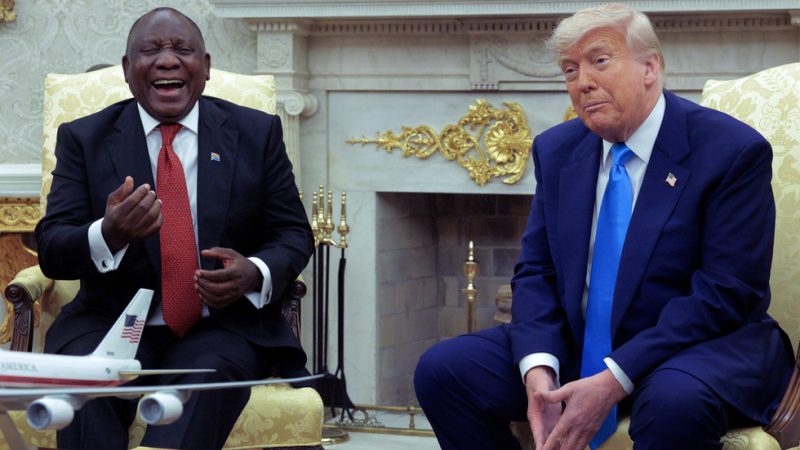
The recent spat between former US President Donald Trump and South Africa over accusations of ‘white genocide’ has reignited a complex debate about race, politics, and international relations. Trump’s controversial statements, while garnering significant media attention, represent a much larger narrative about the shifting dynamics between the US and Africa, a narrative that extends far beyond any single administration’s policies.
The decline of American influence in Africa is a long-term trend, influenced by a multitude of factors including the rise of other global powers like China and Russia, and the growing assertiveness of African nations themselves. While Trump’s pronouncements undoubtedly exacerbated tensions, they didn’t create the underlying issues. South Africa’s own internal political and social dynamics, including persistent inequality and historical legacies of apartheid, remain crucial contexts for understanding the situation. It’s important to avoid oversimplifying the complexities of South African society with such broad, inflammatory labels.
Trump’s claims, widely dismissed as factually inaccurate and inflammatory by many, have nevertheless served to highlight the deep-seated anxieties and prejudices surrounding race relations, both within South Africa and globally. The controversy underscores the urgent need for nuanced and fact-based discussions about the challenges facing South Africa, rather than resorting to divisive rhetoric that fuels misunderstandings and hinders constructive dialogue.
The international community, particularly the US, has a vital role to play in fostering peaceful and equitable development in South Africa. This requires a commitment to supporting inclusive governance, addressing systemic inequalities, and promoting human rights for all citizens. Simply focusing on the pronouncements of a single political figure obscures the larger, more intricate picture of a nation navigating its own unique and complex history. Effective engagement demands a commitment to understanding the multifaceted realities on the ground, rather than allowing simplistic narratives to dominate the conversation.
Ultimately, the ‘winner’ in this clash is not easily defined. The real cost lies in the potential for further polarization and the diversion of attention from the crucial work of building a more just and equitable future for all South Africans. The focus should remain firmly on addressing the underlying social and economic challenges within South Africa, while fostering constructive relationships between the US and the African continent based on mutual respect and shared goals.










